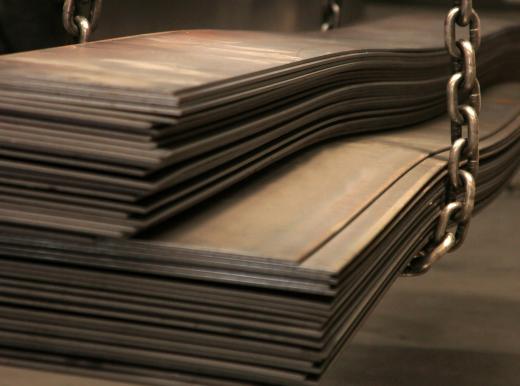An engine lathe is a horizontally shaped piece of machinery that is most often used to turn metal manually. By turning the metal and using special cutting tools, the lathe is capable of forming the metal into specific shapes. As its name implies, it is often used to create metal pieces for use in an engine, whether it be for an automobile, a tractor, a boat, or any other motorized vehicle or machine.
Although people use the engine lathe primarily for spinning sheet metals, it is also used for drilling, making square blocks, and creating shafts. Candle cup dies, forge burner nozzles, foundry pattern core boxes, and prints are other products it can produce. Most modern tools were made with the help of an engine lathe. In addition, those who own one of these machines can make their own tools. For these reasons, it is often referred as a reproductive machine.

The features of an engine lathe include gears, a carriage, a tailstock, and a stepped pulley used for various spindle speeds. The gears are used to power the carriage. In turn, the carriage bolsters the cutting tools. The tailstock is used to support the hole-drilling process that takes place in the spindle.
Engine lathes were popular in the 19th and 20th centuries at blacksmith shops and are still widely used today. There have, however, been a few amendments over the years. In the original engine lathe, the carriage would trap all the dust and dirt. When this mixed with the oil in the machine, it would create a grinding motion as the carriage moved back and forth while turning and shaping the metal. The constant grinding eventually wore the machine down and made it useless.
Today, the carriage is self-oiling at the front and the rear. The carriage has also been improved, and is built to protect the machine from the remnants of the jobs it performs.
